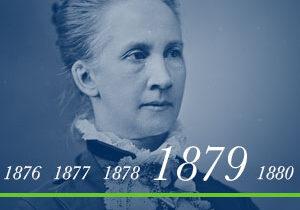
As April 15th draws nearer and my mailbox starts to fill with W-2 and yearly interest statements I am reminded of the old adage, only two things in life are certain; Death and Taxes. Oddly enough my recent dealings with Medicare Set-Asides (MSA) also remind me of this old adage.
When a workers’ compensation claim settles the injured worker often receives funds to pay for future medical care related to his workers’ compensation injury. When the injured worker is a Medicare beneficiary federal law requires that the funds for medical treatment be set-aside in an account called a workers’ compensation Medicare Set-Aside account (WCMSA). The WCMSA can take the form of a lump sum payment or a structured settlement annuity. In either case, the injured worker places these funds with a bank or insurance company for safe keeping. The financial institution in return rewards the injured worker with interest. At the end of the year the Internal Revenue Service (IRS) considers this interest a form of income and taxes the MSA beneficiaries accordingly. To alleviate some of this tax burden, The Centers for Medicare and Medicaid Services (CMS) makes exceptions in its normal policy which requires that all set-aside funds be used solely for medical treatment.
According to CMS’ July 11, 2005, policy memorandum a claimant or his Medicare Set-Aside administrator may withdraw enough money from a WCMS account to pay for taxes. However, CMS requires that the administrator of the account, be it the injured worker or a professional administrator, account for the removed by submitting documentation of the taxes imposed along with the annual WCMSA accounting statement.





